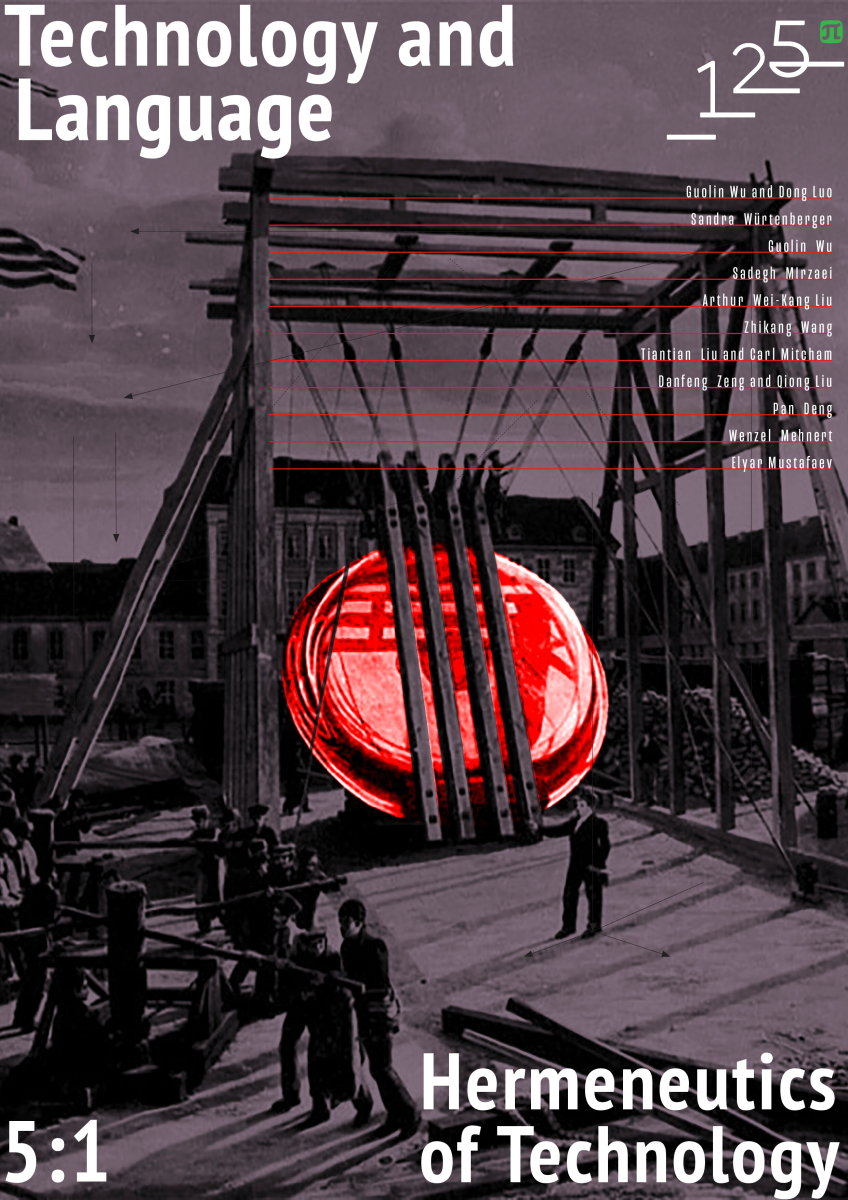Between Technology and “Humans”: The Idee of an Anthropological Signature in Human-Machine Interactions
The problem of todays technology is no longer just the result of an apocalyptic fear, alienation or Promethean shame, but rather that today technology is ‘humanized’ and therefore adapted to human beings. Mobile devices flatter us. They ensnare our bodies, our minds and our egos. The various attempts to describe technology – for instance, as applied natural science, as a means of preparing resources for economic ends, as a neutral system of means or as an expression of the human spirit – no longer impact our approach to technology. For despite the often depicted doomsday scenarios and an empathic pessimism about technology, concrete technology, in both our working livings and our everyday life, is no longer a problem. My paper will examine this asymmetry more closely from a epistemological and a historical standpoint. It will indulge neither in euphoric nor in dystopic descriptions of humans as cybernetic machines or as the victims of technology, but rather as the yardstick and goal of all technology. I will therefore focus on particular (techno-)anthropological positions (Gilbert Simondon, Arnold Gehlen, Hermann Schmidt). Therefore I want to work out how knowledge of the human (anthropological knowledge) and knowledge of technology (technological knowledge) cross-fertilized, complemented and transformed one other. It thus becomes all the more interesting why this confrontation between “human” and “machine” is still described in the classical anthropological terms that were used by Gehlen and Schmidt. The human-machine interface is very different today but it is still discussed in the familiar categories. This is the success of the anthropological signature. The discourse about modern technology and the anthropological foundation of modernity does not call for post-, trans-, or anti-humanistic images, but rather well-known humanistic-anthropological ones.



